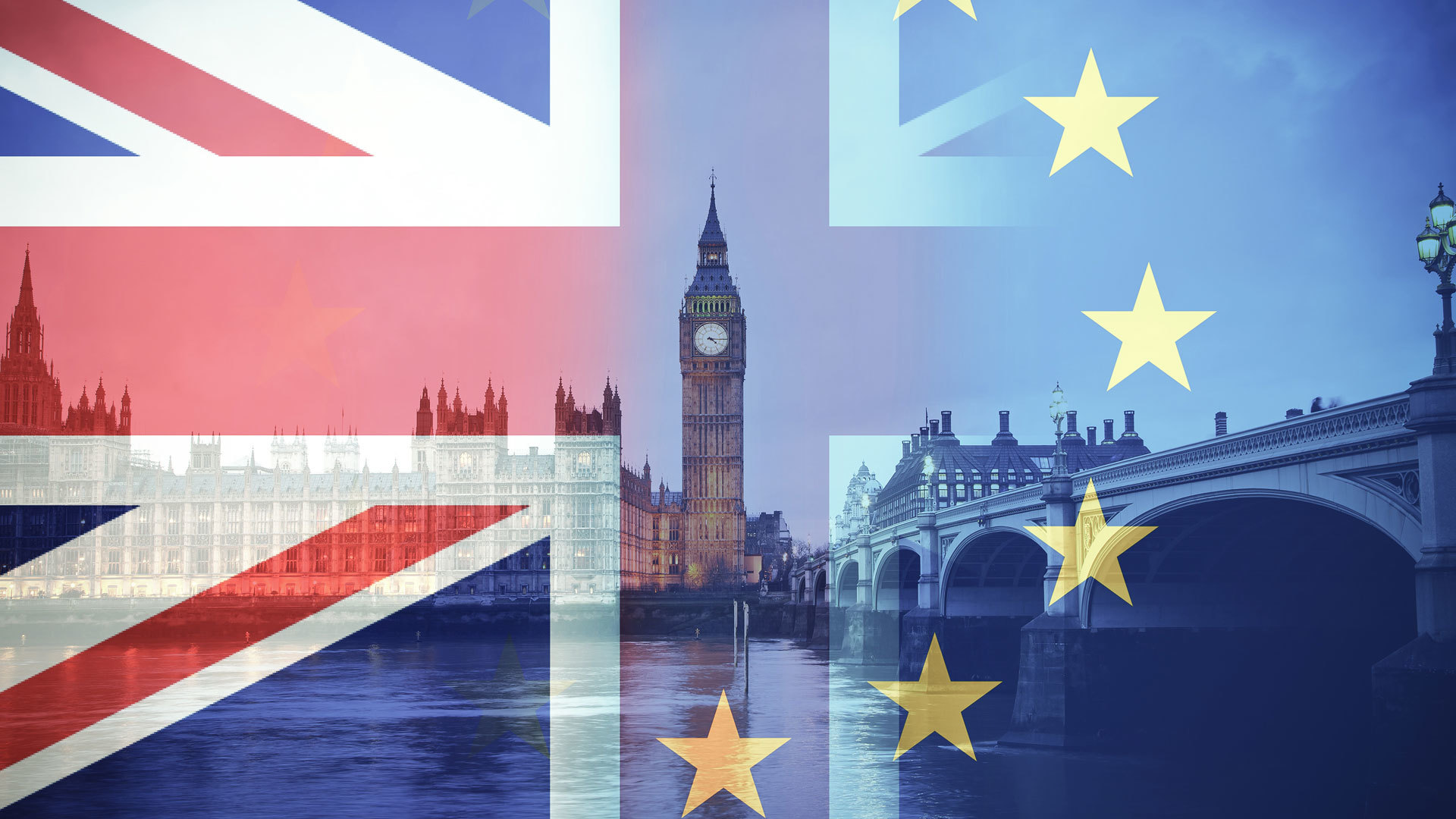UK’s Economic Growth Projected to Be Slowest In Europe Next Year
Would be joining Italy in 2019
LAHORE MIRROR (Monitoring Desk)–The UK will plunge to the bottom of the European economic growth league next year to join Italy as the slowest-growing economy in the EU, before falling further the year after to anchor the table alone, according to European Commission forecasts.
The EU’s gloomy predictions are based on a soft Brexit – meaning Britain is expected to lag behind all its EU peers even if Theresa May can reach a deal with Brussels before 29 March.
The commission forecasts that consumer spending growth will remain weak, continuing a subpar performance since the EU referendum in June 2016. It said business investment would stay subdued, while external demand for UK goods will dwindle. The commission predicted the result would be GDP growth of 1.2% in 2019 and 2020.
The Washington-based International Monetary Fund (IMF) said all likely Brexit outcomes would have a negative cost for the economy, although it warned a no-deal scenario would have the biggest downsides.
“No-deal Brexit would lead to high trade and non-trade barriers between the UK and the rest of the EU, with negative consequences for growth,” it said.
The euro area of 19 countries including Germany, France and Italy is forecast to slow from a growth rate of 2.1% this year to 1.9% in 2019 and 1.7% in 2020, as the wider region enters a period of weaker growth following the strongest year of the past decade in 2017.
It comes as the wider global economy is unsettled by Donald Trump’s trade disputes with China and Europe, which have reduced demand for manufactured goods and stifled business investment.
Despite the weaker outlook for the UK economy, growth figures have shown Britain managing a better performance than the Eurozone over recent quarters.
Statistics due on Friday are expected to show UK economic growth of 0.6% for the third quarter. Economists at HSBC believe Germany is likely to record its first drop in quarterly economic output, of 0.1%, for more than three years.
SOURCE: Daily The Guardian

